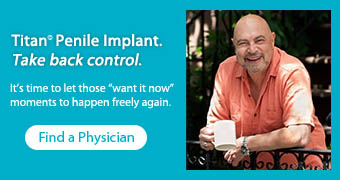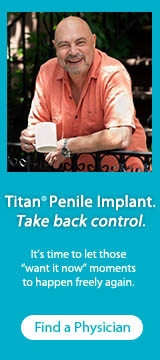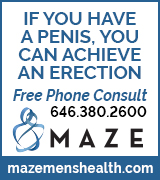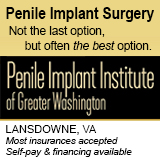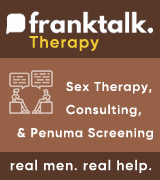macoza wrote:Pharmacies ARE regulated .
Bad answer You're completely wrong and it's complete bullshit. Everyone knows compound pharmacies are not regulated. There's no standardization in the industry.
Compounding pharmacies in the United States are regulated by a mix of federal and state laws, as well as professional guidelines. Here’s a breakdown of the main regulations they must follow:
⸻
1. Federal Regulations
FDA (Food and Drug Administration)
• Traditional Compounding (503A):
• Regulated by state boards of pharmacy.
• Must follow USP standards (e.g., <795>, <797>, <800>).
• Cannot compound drugs that are essentially copies of commercially available drugs.
• Cannot compound for resale.
• Outsourcing Facilities (503B):
• Registered with the FDA.
• Held to current Good Manufacturing Practices (cGMP).
• Can produce larger batches without prescriptions.
• Subject to FDA inspections.
DEA (Drug Enforcement Administration)
• If the pharmacy handles controlled substances, it must comply with DEA regulations regarding security, recordkeeping, and prescribing.
⸻
2. United States Pharmacopeia (USP) Standards
Compounding pharmacies must follow:
• USP <795> – Non-sterile compounding
• USP <797> – Sterile compounding
• USP <800> – Handling hazardous drugs
These outline facility requirements, personnel training, documentation, and quality assurance.
⸻
3. State Boards of Pharmacy
• Each state has its own board that licenses and inspects pharmacies.
• States may have stricter standards than federal ones.
• Must follow state-specific rules regarding labeling, recordkeeping, and licensing.
⸻
4. NABP & PCAB Accreditation
• NABP: National Association of Boards of Pharmacy may set standards or conduct inspections.
• PCAB: Pharmacy Compounding Accreditation Board offers accreditation that shows compliance with high-quality standards.
